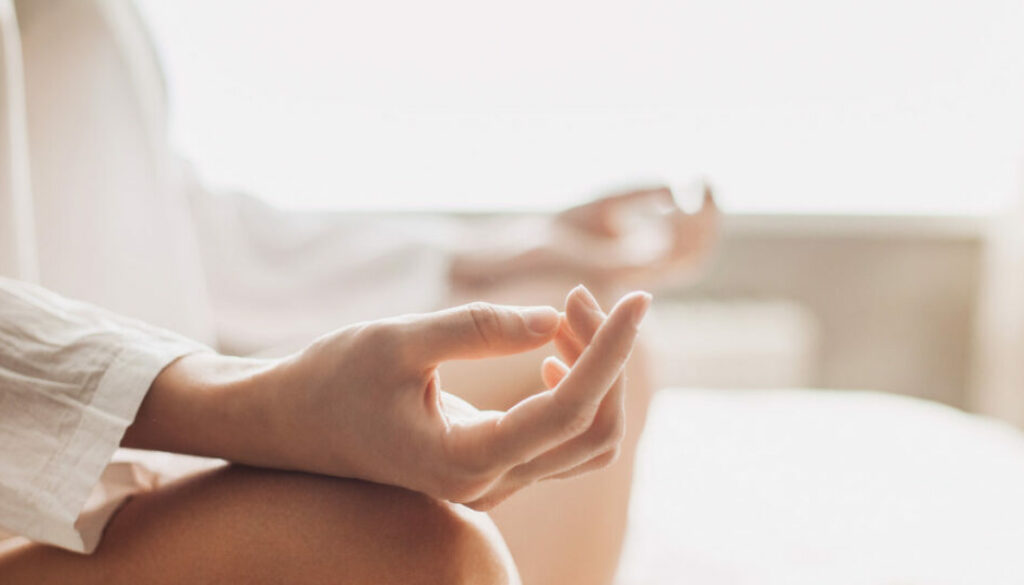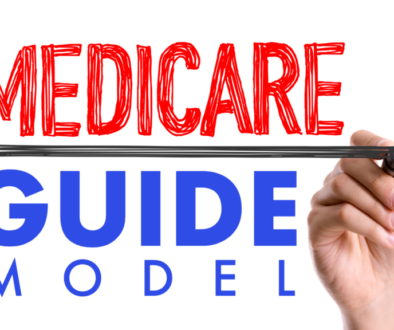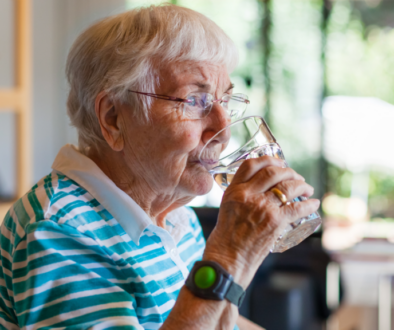September 2022
Hello everyone!
Memory Partners is continuing to grow and evolve in response to your comments and requests. New changes in September include revisions to activity groups for people with dementia, as well as an additional Mindful Monday Meditation virtual group. Read below for details!
NEW – Mindful Monday Meditation
Beginning on Monday, September 12, 2022, Memory Partners will lead caregivers in a short morning meditation every Monday at 8:15 a.m. (if Monday falls on a holiday, the meditation group will not meet that week, but you are encouraged to meditate on your own on those weeks!)
Meditation has been shown to have many benefits, including reducing harmful effects of stress, increased attention and improved mood to name just a few. Join us, and then let us know how it helps in your care-giving journey!
Reflections
Summer has flown by! Temperatures are cooling, giving us some relief from those hot, muggy days. Soon leaves will turn, and we will be able to break out those cozy sweaters and socks. The changing of seasons can be a good time for reflection, and for noticing where we are on our own personal journeys.
Some of us lament the shift from summer to fall, wishing the longer days, the beach time, and the summer gardens full of fresh fruits and vegetables could last forever. Others of us can’t wait to say farewell to the heat and humidity, eager to shift to cooler days and pumpkin-spiced everything.
So it can be with life. Sometimes we hold fast to memories and wish things would never change. Other times we’re so excited about what’s to come that we just can’t wait for the days to pass. But what happens if we’re always looking to the past or the future? We miss the present moment, which is all we really have.
When you’re caring for someone with dementia, it can be tempting to give in to reminiscing and longing for “the good old days,” or to wish the the current situation would be over already. Instead of avoiding where you are in this moment, use those fond memories to bring to mind happy times and reinforce the reasons you are caring for your person, but don’t lose sight of the fact that things will change and you will have things to look forward to. It’s a balancing act, and we won’t always get it right, but we can try.
Dementia News Spotlight
Not just for palm readers – looking for Alzheimer’s Disease in skin.
Faced with the challenge of determining when a person has Alzheimer’s Disease (AD) as opposed to other dementia-causing conditions, researchers at SYNAPS Dx decided to look for clues in the body’s largest organ – the skin. Interestingly, they found that the skin can provide very reliable predictors that point to AD.
Earlier research showed that a test used to study skin cells could correlate skin cell abnormalities with dementia and presence of AD related symptoms in the brains of patients with AD. In this study, scientists looked at skin samples from 74 participants, and compared them to autopsy results obtained later. In this study, investigators found patterns in cells of people with AD that were that different from people with other types of dementia as well as people with no dementia illness.
This study points to promising, reliable technology to determine when a person has Alzheimer’s Disease as opposed to other forms of dementia. The usefulness of this diagnosis will be important as disease specific treatments become available. Studies are already underway to develop medications and other interventions to combat Alzheimer’s disease. Having accurate diagnoses will help those researchers identify participants which will result in more robust data, giving us hope for a cure in the future.
For more information on this study, read here: https://www.medscape.com/viewarticle/978679
Safety Tips
September is fall prevention month, designated as such to remind us all of this potentially avoidable risk for serious injury. Let’s take a look at how dementia contributes to falls, and what caregivers can do to minimize the risk.
With most dementia related illnesses, all areas of the brain are changing, which means that everything the brain does changes, including vision, depth perception and motor skills that keep us balanced on two feet. As the brain becomes more impaired, we are prone to falls for these reasons.
To prevent falls, it’s important to modify the environment:
• Make sure to remove clutter and trip hazards, like unnecessary objects and furniture and loose rugs.
• Increase lighting to reduce confusing shadows.
• Add rails to bathrooms.
• Makes sure to wear shoes or non-skid socks.
• Clean up spills immediately.
If your loved one is prone to falling, it may be helpful to consult with a Home Health Physical Therapist or Occupational therapist who can help you learn additional skills for preventing falls.





